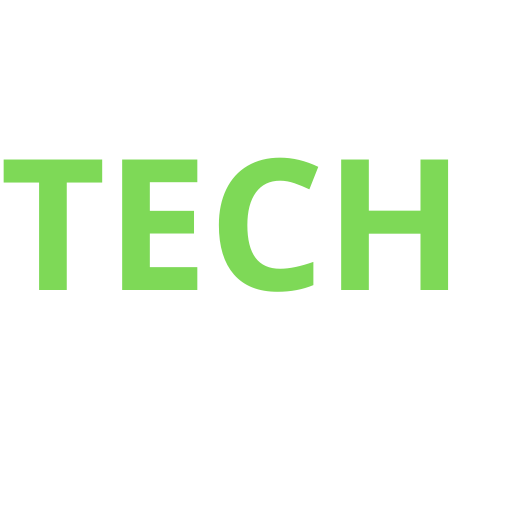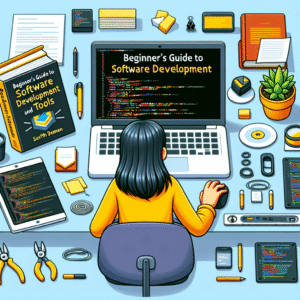Artificial Intelligence (AI) has rapidly become one of the most transformative technologies of the 21st century. From automating tasks to enhancing decision-making, AI is revolutionizing industries and shaping the way we live and work. But what exactly is AI, and why is it so important for the future?
What is Artificial Intelligence?
Artificial Intelligence refers to the simulation of human intelligence in machines that are programmed to think, learn, and make decisions. These systems are designed to analyze data, recognize patterns, and perform tasks that typically require human intelligence, such as:
- Speech recognition
- Image processing
- Problem-solving
- Decision-making
Types of Artificial Intelligence
There are three main types of AI:
- Narrow AI (Weak AI) – Focused on performing a single task, like virtual assistants (Siri, Alexa).
- General AI (Strong AI) – A theoretical concept where machines can perform any intellectual task like a human.
- Superintelligent AI – A future concept where AI surpasses human intelligence.
How Does AI Work?
AI works by using algorithms, data, and computational power to train machines. The main components of AI include:
- Machine Learning (ML) – Systems learn from data to improve over time.
- Deep Learning – A subset of ML using neural networks to mimic human brain processes.
- Natural Language Processing (NLP) – Enables machines to understand and respond to human language.
Applications of AI
AI is not just a concept; it’s already integrated into our daily lives and various industries:
1. Healthcare
AI helps in diagnosing diseases, developing drugs, and even performing surgeries with robotic assistance.
2. Business and Finance
Companies use AI for fraud detection, personalized marketing, and automating customer service.
3. Transportation
Self-driving cars and intelligent traffic management systems are powered by AI.
4. Education
AI tools provide personalized learning experiences and automate grading.
5. Entertainment
Streaming platforms like Netflix use AI to recommend movies based on user preferences.
Benefits of AI
- Efficiency: AI automates repetitive tasks.
- Accuracy: AI reduces human error in complex tasks.
- Scalability: AI can process massive amounts of data in seconds.
Challenges and Risks of AI
Despite its benefits, AI comes with challenges:
- Job Displacement: Automation may replace certain jobs.
- Bias in Algorithms: AI systems can inherit human biases from data.
- Security Concerns: AI-powered cyberattacks could pose serious threats.
The Future of AI
AI is expected to evolve further, with advancements in robotics, smart cities, and quantum computing. However, ethical and regulatory frameworks will be crucial to ensure its responsible use.
Conclusion
Artificial Intelligence is no longer a futuristic concept; it’s a present reality that continues to evolve. While it brings incredible opportunities, it also requires careful consideration of its ethical and social impact. Embracing AI responsibly can lead to a future where technology and humanity coexist in harmony.

